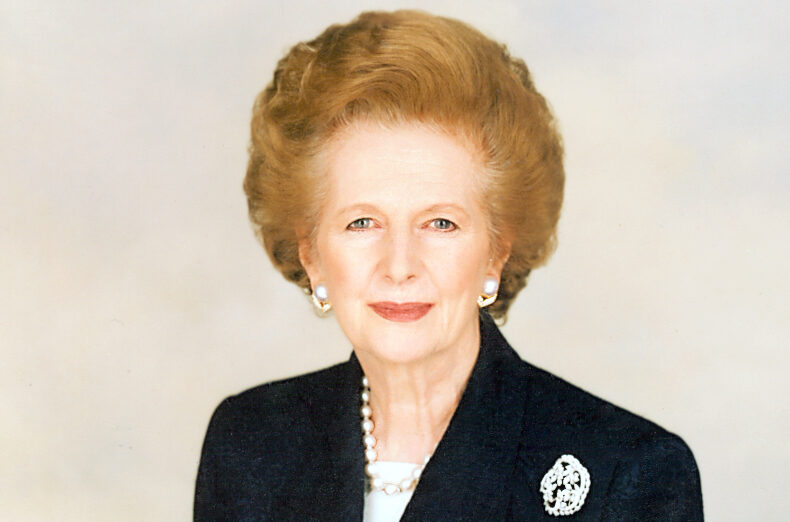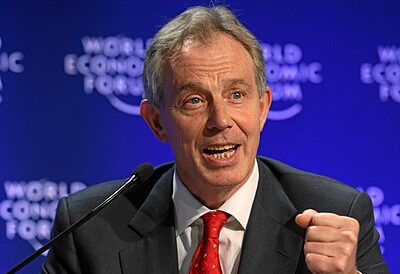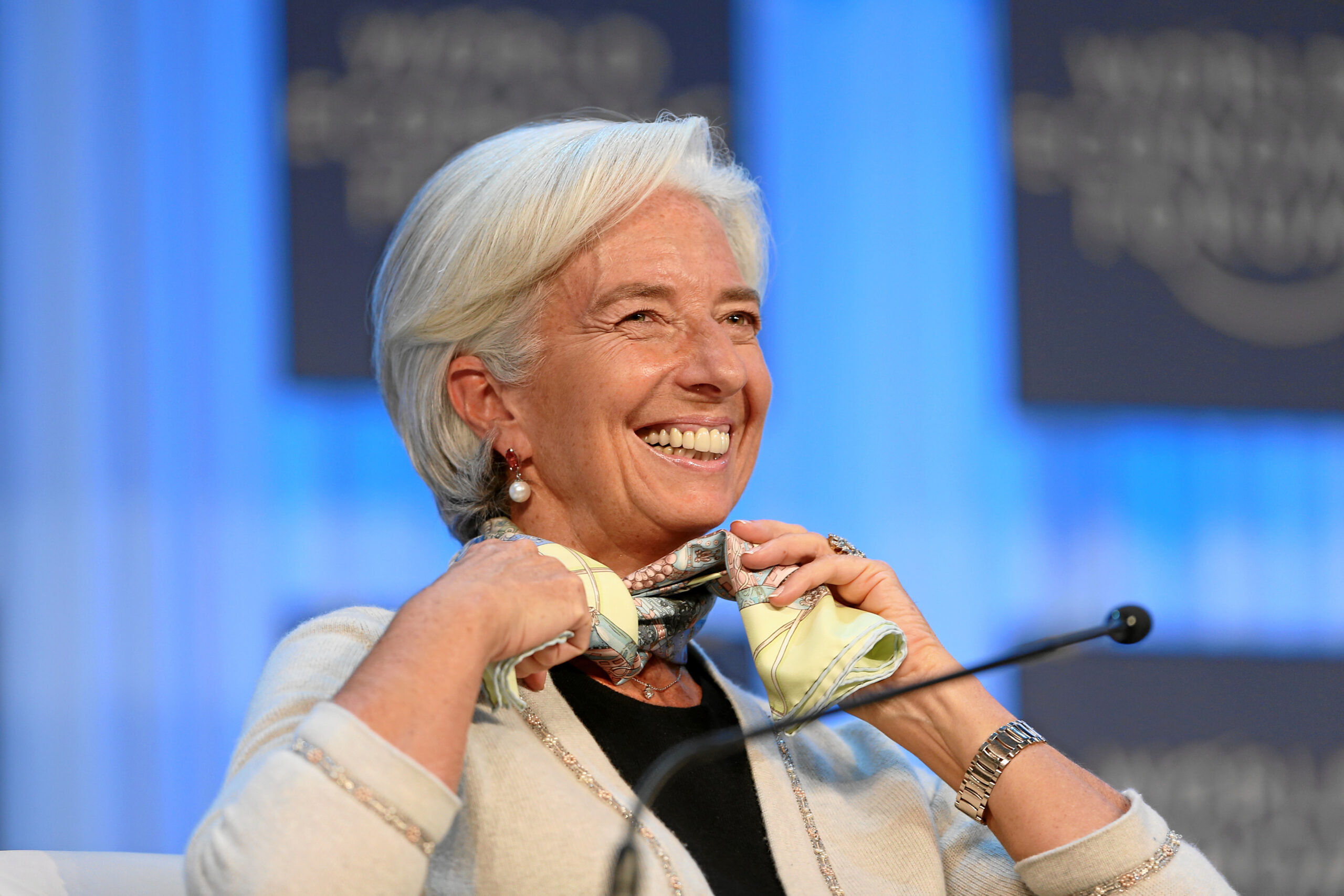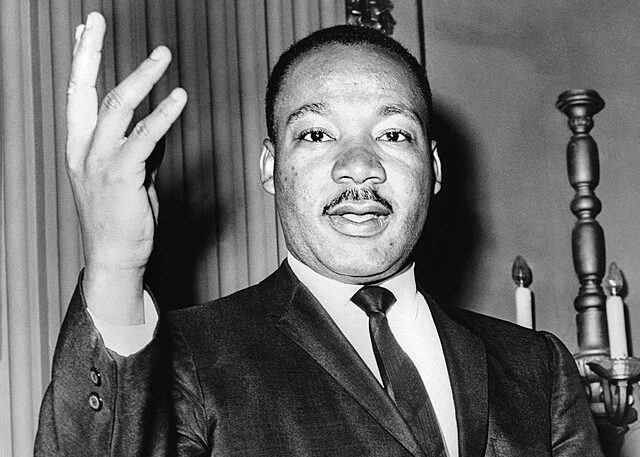Margaret Thatcher, the trailblazing and formidable political figure, etched her name in history as the first female Prime Minister of the United Kingdom, serving from 1979 to 1990. Her tenure at 10 Downing Street was characterized by a dynamic and assertive leadership style that left an indelible mark on British politics. However, with power came controversy, and Thatcher’s policies and decisions often divided the nation and sparked heated debates. Let us delve into ten notable controversies associated with the “Iron Lady” that defined her reign.
Economic Revolution: The Era of “Thatcherism”
Thatcherism, a term coined to describe Margaret Thatcher’s economic policies, transformed the UK’s economic landscape. Her steadfast commitment to privatization, deregulation, and curbing the power of trade unions aimed to foster economic growth and efficiency. While praised by some as a pathway to prosperity, these measures triggered significant job losses, industrial unrest, and widened social inequalities, contributing to her polarizing image.
The Miners’ Strike: A Nation Divided
One of the most tumultuous chapters of Thatcher’s premiership was the miners’ strike of 1984-1985. The clash between the government and the National Union of Mineworkers over pit closures and wage cuts engendered fierce resistance and violence. The strike unleashed social divisions and had a lasting impact on mining communities, forever entwined with Thatcher’s legacy.
Poll Tax Revolt: A Taxing Controversy
The introduction of the poll tax, a uniform tax on every adult regardless of income, ignited a storm of discontent across the nation. The perceived regressive nature of the tax and the disproportionate burden on the less affluent led to widespread protests, marking one of the most significant public backlashes during Thatcher’s tenure.
Privatization Prowess: Selling off the Nation
Thatcher’s zeal for privatization knew no bounds. She aggressively sold state-owned industries and utilities, arguing that private ownership would foster competition and efficiency. However, critics decried the loss of public control over essential services, warning of potential price hikes and diminished accountability.
The Falklands War: A Gamble for Glory
Thatcher’s resolve to recapture the Falkland Islands from Argentine occupation in 1982 remains a contentious decision. The war brought victory for the UK but raised questions about the necessity, cost, and handling of the conflict.
Housing Policy: The Rise of Homeownership
Thatcher’s vision of a property-owning society led to a rise in homeownership, empowering individuals to acquire their homes. Yet, the soaring housing prices and a shortage of affordable housing for lower-income groups posed challenges to the dream she sought to achieve.
Section 28: Controversy over LGBTQ+ Rights
In 1988, Section 28 was introduced, prohibiting the “promotion of homosexuality” in schools. The legislation elicited widespread criticism, being deemed discriminatory and harmful to the LGBTQ+ community, highlighting societal prejudices that required acknowledgment and reform.
Handling the IRA Hunger Strikes: A Tragic Standoff
Thatcher’s uncompromising approach to the IRA hunger strikes in 1981 resulted in ten prisoners losing their lives. The events heightened tensions in Northern Ireland and sparked international concern over human rights issues.
European Integration: The EU Dilemma
Thatcher’s skepticism towards further European Union powers created discord within her party and eventually led to her resignation in 1990. Her stance on European integration exposed the complexities of maintaining sovereignty while navigating international alliances.
Spending Cuts and Austerity: Social Unrest
Thatcher’s government implemented sweeping spending cuts, prompting debate over their impact on the most vulnerable members of society. The ensuing social unrest underscored the challenges of balancing economic reforms with social welfare.
Conclusion: Thatcher’s Controversial Legacy
Margaret Thatcher’s legacy is one of audacity and controversy. Her unwavering determination and radical policies earned her admirers and critics alike. While credited with reshaping the UK’s economic landscape and empowering individual ownership, her decisions and their consequences remain subjects of ongoing debate. The Iron Lady’s trailblazing leadership continues to evoke strong emotions, reflecting the indelible impact she had on Britain’s past, present, and future.




